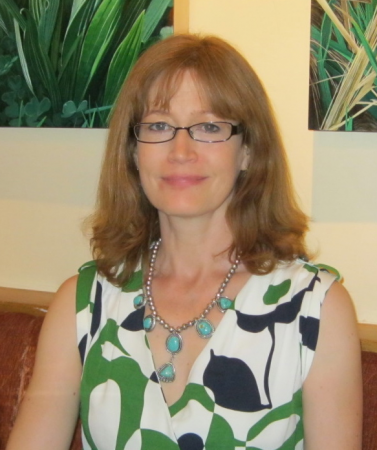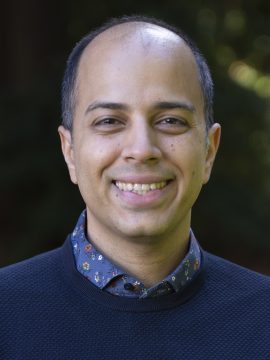Inaugurated in 2015, the UBC Public Scholars Initiative (PSI) is designed to support UBC doctoral students as they strive for purposeful social contribution, produce new and creative forms of scholarship and dissertations, and explore diverse career pathways. Through the PSI, UBC seeks to assist PhD students as they rise to address complex challenges in new, collaborative, and engaged ways.
Meet the three Department of Anthropology graduate students who received awards from the Public Scholars Initiative in 2018-2019:
Emily Amburgey


Describe your research:
As part of my doctoral research, I look at how contemporary forms of labour migration in Mustang, Nepal transform local livelihoods in relation to class, gender, political subjectivity, and ecology.
What does being a Public Scholar mean to you?
I believe fulfilling this role as a Public Scholar means to be curious and aware of the possibilities that reside outside the academy, and remain attentive to the ways in which our research can be made legible and useful to those we work with.
Learn more about Emily’s work by clicking here.
Evan Koike


Describe your research:
A generation ago, families’ needs were secondary to workplace demands for Japanese men who aspired to the “corporate warrior” ideal. Today, nonprofit organizations in Japan are working to change the idea that housework and raising children are a mother’s responsibility.
What does being a Public Scholar mean to you?
Public Scholars go beyond answering the “so what?” question about their research by embracing their findings’ potential to create positive social changes that improve people’s quality of life. Rethinking what it means to be academics, public scholars seek to make their ideas accessible to a wide audience—particularly to those groups whom their research affects.
Learn more about Evan’s work by clicking here.
Yujie Ji


Describe your research:
I aim to document and preserve Chone Tibetans’ most important form of oral literature, Shadpa, practiced and performed in Kanlho Tibetan Autonomous Prefecture of Gansu Province, China.
What does being a Public Scholar mean to you?
Being a public scholar means developing collaborative research programs with communities. It also means showcasing the importance of community partners outside of academy to the creation of applied research and its ethical implementation.
Learn more about Yujie’s work by clicking here.
Eric Simons


Describe your research:
I work with an Indigenous community on whose territory an Indian Residential School operated. Many who attended the school, or are friends and family of those who did, hold memories of generations of disease, abuse, malnutrition, and, in the case of more than 150 children, death. We work together to develop comprehensive knowledge of school burials on their land—knowledge that supports their process of community healing.
What does being a Public Scholar mean to you?
I see a Public Scholar as someone endeavouring to do work that is accessible and meaningful to people well beyond the confines of their profession … as one continuing to ask questions such as: Is what I’m doing of interest and import to those outside of my own community? Am I doing work that is responsive to social need? Are there new media and venues I can better explore—ways in which I can make what I do legible and compelling to as broad a public as possible?
Learn more about Eric’s work by clicking here.


